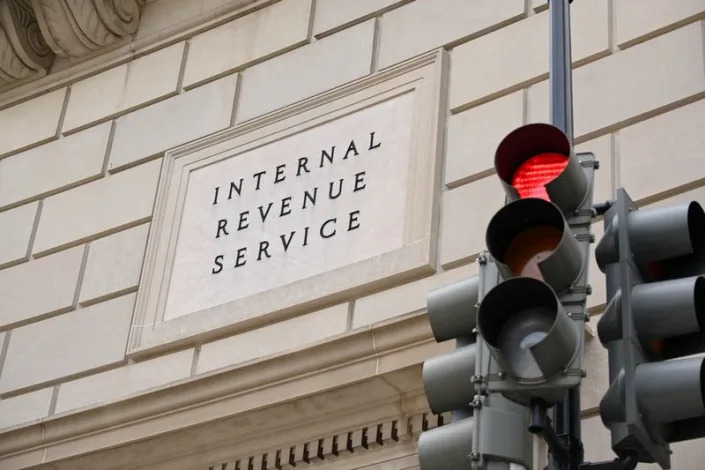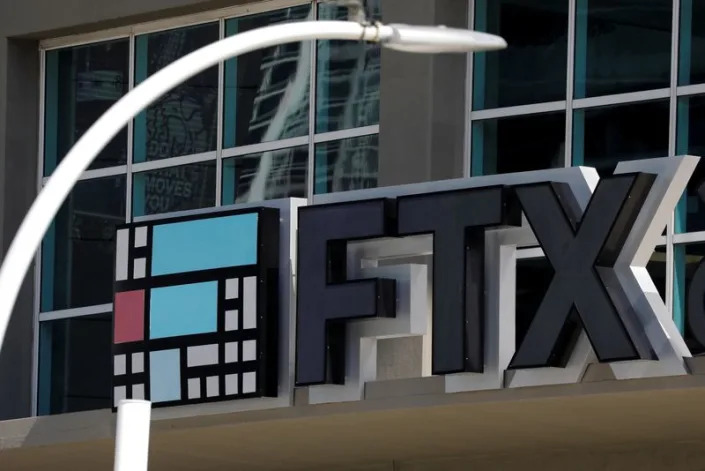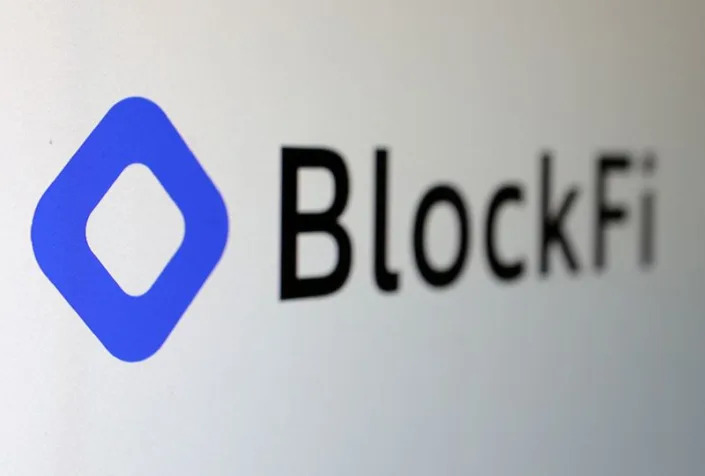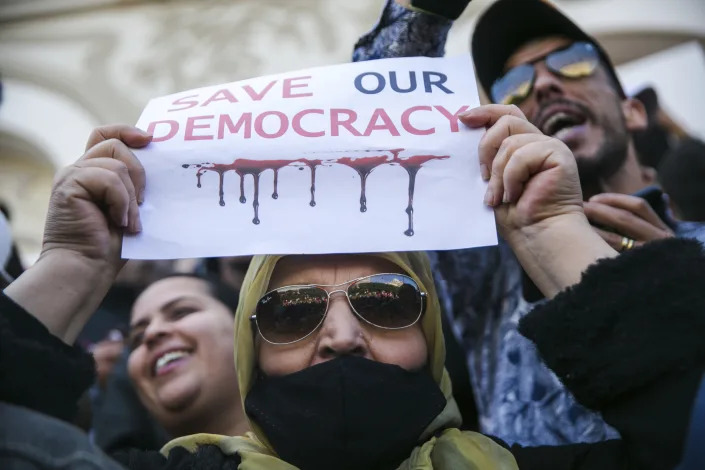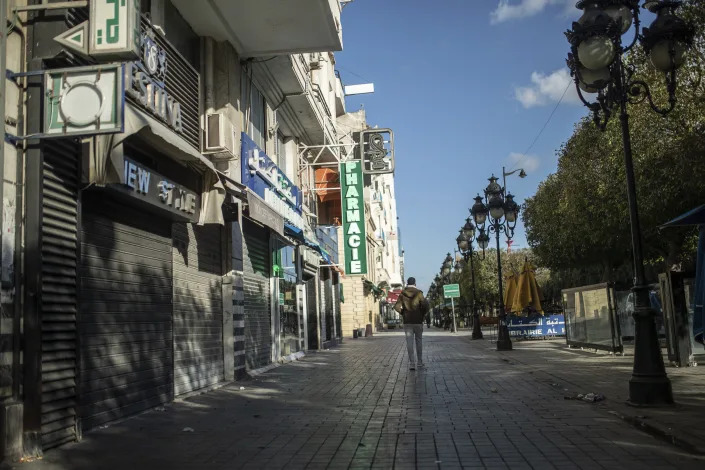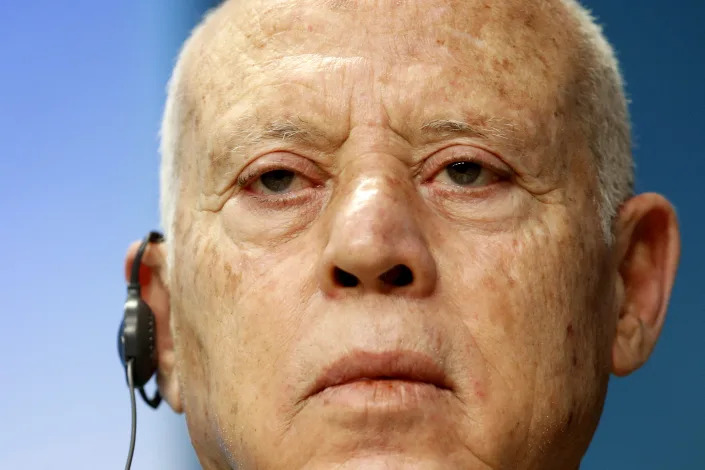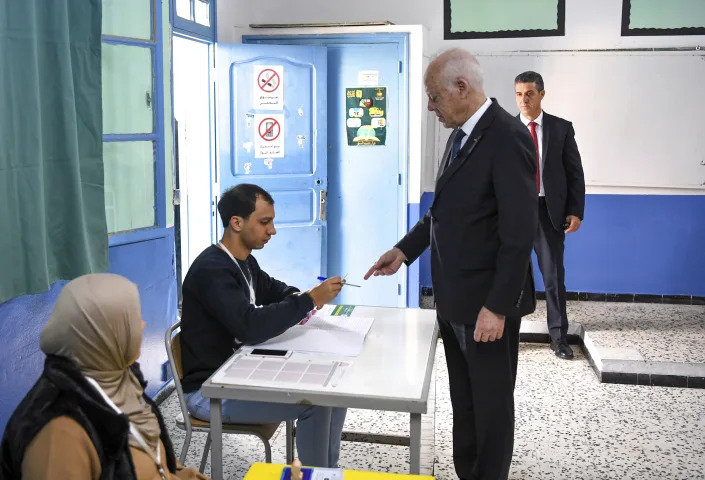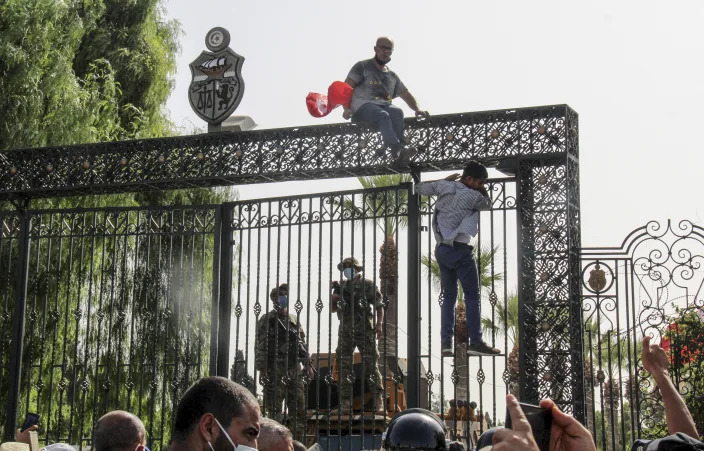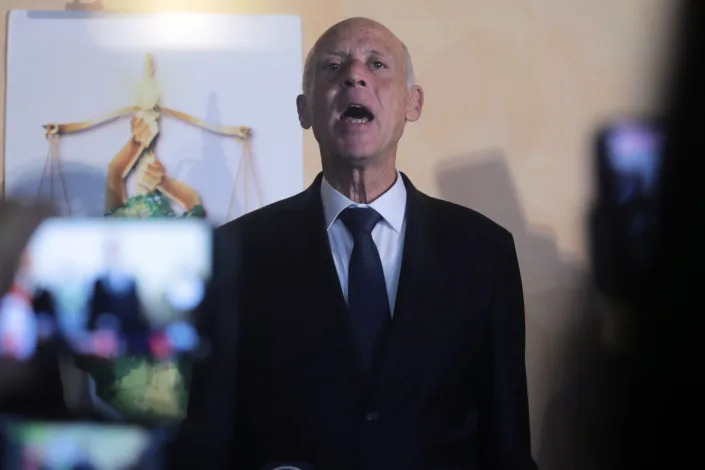By Daniel Miller – Dec 24, 2022
MOTLEY FOOL
KEY POINTS
Ford's speed bump with Argo AI cost it a pretty penny.
The company says Level 4 advanced driver assistance systems won't generate profits in the near term.
Ford's big venture into autonomous vehicles cost it a whopping $2.7 billion write-off. GM isn't showing any signs of slowing its pursuits.
Over the past few years, unmistakable buzz has surrounded autonomous vehicle technology as start-ups and major manufacturers are both battling to be king of a new frontier.
However, with Ford Motor Company's (F 0.44%) shift away from trying to develop fully autonomous driving technology via Argo AI -- and the accompanying $2.7 billion impairment -- investors might be wondering if driving toward fully autonomous vehicles is a mistake and whether General Motors (GM 0.90%) will soon be admitting what Ford did.
Ford: The payoff will take longer than anticipated
Argo AI was a self-driving vehicle technology start-up with Ford and Volkswagen Group as the main backers. Long story short, it was unable to attract new investors and announced in the fall that it would shut down operations.
That decision cost Ford a whopping $2.7 billion in a noncash, pre-tax impairment on its large investment in Argo, and largely led to the automaker's $827 million net loss during the third quarter.
Perhaps more telling for Ford investors, and more concerning for broader automotive investors, was the company's admission that bringing Level 4 advanced driver assistance systems (ADAS) to the market profitably isn't close to feasible right now.
"We're optimistic about a future for L4 ADAS, but profitable, fully autonomous vehicles at scale are a long way off and we won't necessarily have to create that technology ourselves," said President and CEO Jim Farley in a press release.
Ford switched gears and decided the better opportunity for its investors would be to focus on Level 2 and Level 3 systems, which do not totally cut out a human driver. Management believes that strategy could better serve customers by providing services, options, and thus profitability in the near term.
What about Ford's crosstown rival?
Ford's moves with Argo AI mark a rare divergence between it and rival General Motors, which has received much admiration for Cruise, its autonomous technology subsidiary into which it put $2.1 billion this year to up its stake from 60% to 80%.
It's a fair question for investors to ask if General Motors is throwing capital into a money pit, and not cutting its losses on technology that is far out from scale and profitability. So far, GM is adamant it's not making a mistake, and believes Cruise is making operational progress.
Cruise is expanding into two new markets, Austin and Phoenix, with its San Francisco operations continuing to grow. Management believes Cruise will generate revenue of $1 billion by 2025, but that's dependent on safety and regulatory approvals.
Investors won't have to wait long to see if that $1 billion figure is hit by mid-decade, and as they see how the dollars start to add up, they'll have better insight into whether Cruise's $50 billion annual revenue target by 2030 makes sense.
Fork in the road
If GM succeeds and hits its targets with Cruise revenue by the end of this decade, it will be one of the most massive victories by an automaker this century. And investors will be well rewarded for this success.
If it turns out GM is replicating Ford's mistakes and throwing money into a buzzword that's far from helping the company's bottom line, investors will have plenty to complain about.
It's impossible to know how this will turn out and investors choosing between Ford and General Motors need to figure out their stance on autonomous vehicle development, as it represents a rare major difference in strategy between the two
KEY POINTS
Ford's speed bump with Argo AI cost it a pretty penny.
The company says Level 4 advanced driver assistance systems won't generate profits in the near term.
Ford's big venture into autonomous vehicles cost it a whopping $2.7 billion write-off. GM isn't showing any signs of slowing its pursuits.
Over the past few years, unmistakable buzz has surrounded autonomous vehicle technology as start-ups and major manufacturers are both battling to be king of a new frontier.
However, with Ford Motor Company's (F 0.44%) shift away from trying to develop fully autonomous driving technology via Argo AI -- and the accompanying $2.7 billion impairment -- investors might be wondering if driving toward fully autonomous vehicles is a mistake and whether General Motors (GM 0.90%) will soon be admitting what Ford did.
Ford: The payoff will take longer than anticipated
Argo AI was a self-driving vehicle technology start-up with Ford and Volkswagen Group as the main backers. Long story short, it was unable to attract new investors and announced in the fall that it would shut down operations.
That decision cost Ford a whopping $2.7 billion in a noncash, pre-tax impairment on its large investment in Argo, and largely led to the automaker's $827 million net loss during the third quarter.
Perhaps more telling for Ford investors, and more concerning for broader automotive investors, was the company's admission that bringing Level 4 advanced driver assistance systems (ADAS) to the market profitably isn't close to feasible right now.
"We're optimistic about a future for L4 ADAS, but profitable, fully autonomous vehicles at scale are a long way off and we won't necessarily have to create that technology ourselves," said President and CEO Jim Farley in a press release.
Ford switched gears and decided the better opportunity for its investors would be to focus on Level 2 and Level 3 systems, which do not totally cut out a human driver. Management believes that strategy could better serve customers by providing services, options, and thus profitability in the near term.
What about Ford's crosstown rival?
Ford's moves with Argo AI mark a rare divergence between it and rival General Motors, which has received much admiration for Cruise, its autonomous technology subsidiary into which it put $2.1 billion this year to up its stake from 60% to 80%.
It's a fair question for investors to ask if General Motors is throwing capital into a money pit, and not cutting its losses on technology that is far out from scale and profitability. So far, GM is adamant it's not making a mistake, and believes Cruise is making operational progress.
Cruise is expanding into two new markets, Austin and Phoenix, with its San Francisco operations continuing to grow. Management believes Cruise will generate revenue of $1 billion by 2025, but that's dependent on safety and regulatory approvals.
Investors won't have to wait long to see if that $1 billion figure is hit by mid-decade, and as they see how the dollars start to add up, they'll have better insight into whether Cruise's $50 billion annual revenue target by 2030 makes sense.
Fork in the road
If GM succeeds and hits its targets with Cruise revenue by the end of this decade, it will be one of the most massive victories by an automaker this century. And investors will be well rewarded for this success.
If it turns out GM is replicating Ford's mistakes and throwing money into a buzzword that's far from helping the company's bottom line, investors will have plenty to complain about.
It's impossible to know how this will turn out and investors choosing between Ford and General Motors need to figure out their stance on autonomous vehicle development, as it represents a rare major difference in strategy between the two
